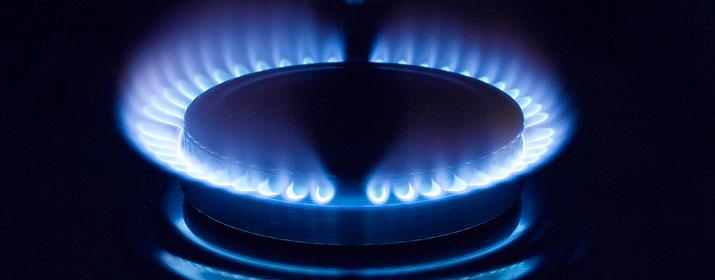With their ever-increasing price and poor environmental reputation, Fossil fuels are no longer as attractive to households. More interest is now in more reasonable alternatives such as natural gas, propane, or butane. Each has its own advantages and disadvantages, so you’ll have to choose the one that best suits your needs and conditions. Fortunately, this article has broken down the characteristics of each for you.
Natural Gas
Nearly seven million Canadian households use natural gas to heat their homes. This is the most popular fuel in Canadian homes. But why?
Simply because it has many advantages, such as:
Cheap
Natural gas is known for its very affordable price. But it is still half as expensive in Canada as in European countries. This is because the country has a large natural gas reserve. It is the 5th largest producer of natural gas in the world. Therefore, using natural gas as a heating fuel is the best way for Canadian households to save on energy consumption.
Convenience
The natural gas infrastructure in Canada is very advanced. The transmission and distribution lines are buried. This means that most homes can connect directly to the distribution network. So, unlike gasoline or oil, you won’t have to go to a gas station to refuel.
Reliability
Since the country has a relatively large storage of natural gas, homes receive a constant gas supply year-round. However, don’t get too excited in the winter, as the price of natural gas rises a bit more during this time and you risk increasing your energy bill. Instead, adopt energy-saving habits in winter. However, be prepared for fluctuating gas prices if your home is connected to the distribution network.
Propane
Propane is a gas obtained by refining petroleum. It is also known as liquefied petroleum gas (LPG). In Canada, propane is an excellent alternative to natural gas for the following reasons:
Accessibility
Although most Canadian homes are connected to the gas distribution network, for the rest, natural gas is not accessible. But with propane, these homes can enjoy the same heating and hot water as those on the grid. Indeed, propane is distributed to consumers in tanks or cylinders. Of course, a heating specialist must make the connection to your boiler.

Comfort
Unlike natural gas, propane does not leave any deposits in the pipes of the installations. Therefore, it does not deteriorate your appliances and makes their maintenance easy. Moreover, propane is odorless and does not emit any harmful particles. So you won’t choke when you turn on your gas fireplace, for example.
On the other hand, you can use this gas if you have the right appliances and equipment. If you don’t, we recommend contacting a propane equipment supplier.
Energy Bill Control
Propane is undoubtedly more expensive than regular gas, but the fact that it is bottled or in a tank has its advantages. You won’t be affected by fluctuating gas prices because you have gas in stock. Thus, you can better control your heating expenses. Of course, you will have to refuel regularly to avoid shortages.

